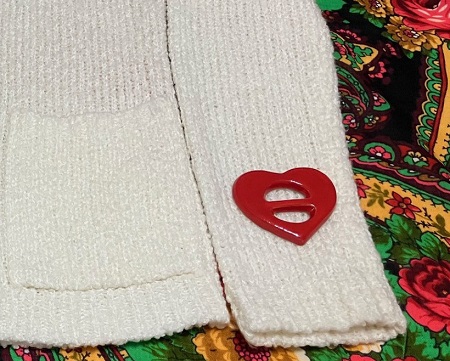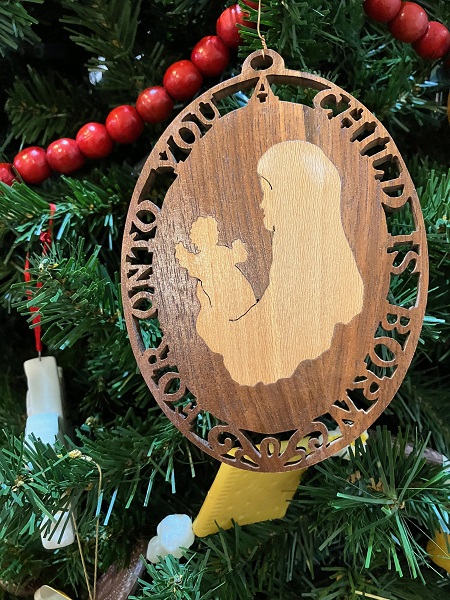Hit the Roof
 People rarely hit the roof physically. However, they frequently hit the roof emotionally.
People rarely hit the roof physically. However, they frequently hit the roof emotionally.
To hit the roof means to become extremely angry or upset.
According to The Idioms, the expression refers to “being so enraged that you could actually bang your head on the roof (or ceiling) … because you feel like exploding.” Similar expressions include:
People lose their temper.
Reasons people hit the roof vary.
For example, they get angry when they:
- Fail to get their way
- See rules broken
- Experience loss or injury
- Discover betrayal
Hit the roof also refers to sharp price increases.
- Goods and services grow more expensive.
- Stocks rise.
If people invest money, they enjoy those increases. If they make purchases, they want the costs to remain low.
It pays to invest emotions and finances wisely.
Maintain control and do what’s right. Spend time and money productively.
“Get rid of all bitterness, rage and anger, brawling and slander, along with every form of malice” (Ephesians 4:31 NIV).
Thanks to Lindy Pierce for the suggestion. Image by wendy CORNIQUET from Pixabay.
Do you have an expression you want explained or a thought about this one? If so, please comment below.
Subscribe to receive my weekly posts by email and receive a free copy of “Words of Hope for Days that Hurt.”
If you enjoyed this post, please share it with your friends.








